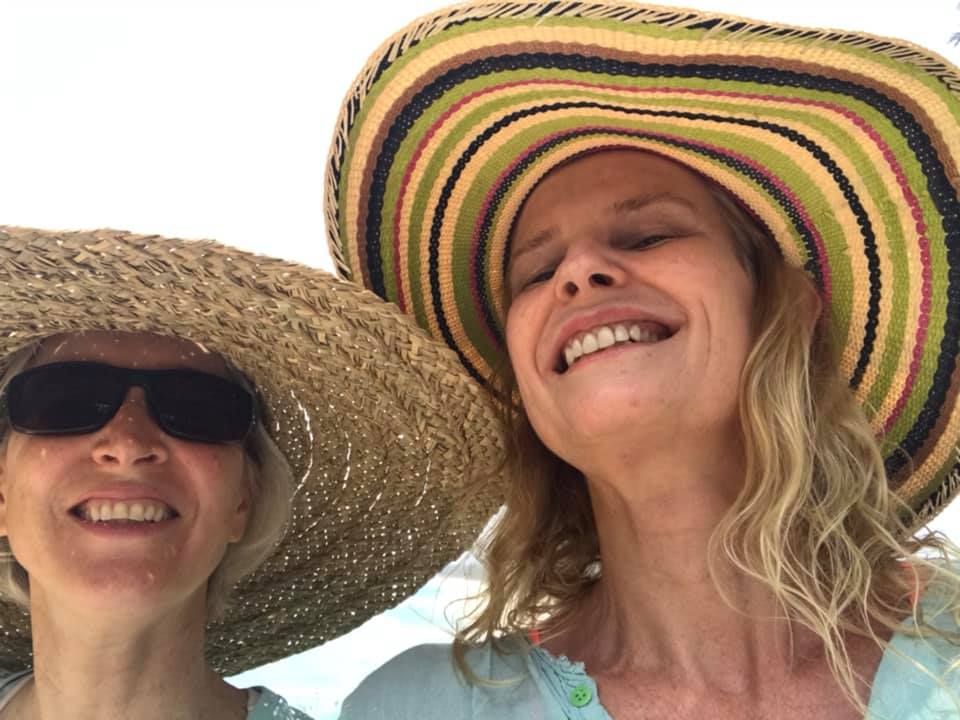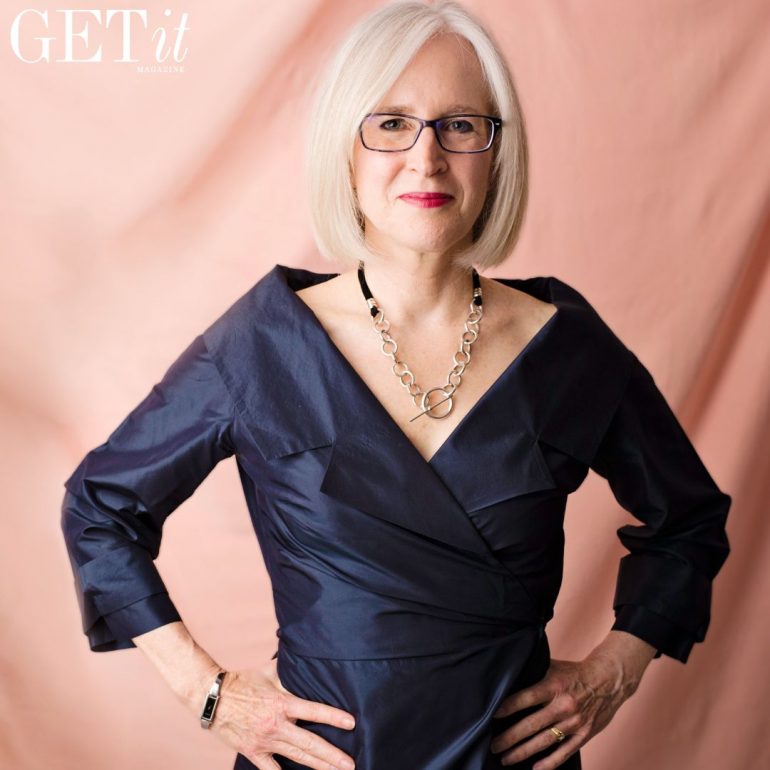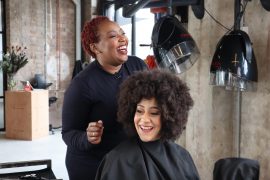If you’re struggling to find your ‘tribe’ in adulthood, you’re not alone – for many women, finding and maintaining solid friendships can be a challenge as life gets in the way. Balancing careers, family and other commitments, how can we also make time for these relationships and forge meaningful friendships that stick? We talk to psychologist Patrea O’Donoghue to get her tips for reaching out, connecting and making it last.
While movies and television are filled with depictions of friendship bonds that start in kindergarten, the reality is that life often pulls us in different directions. Even if we have got close bonds with university or highschool friends, we may not always be able to rely solely on these connections to fill our cups – so how exactly do you make new friends in adulthood?
Patrea O’Donoghue, Brisbane-based psychologist, has both professional and first-hand advice on the matter of making friends and keeping them.
1. Why do you think new friendships drop off at a certain age?
When people are younger there are natural avenues for meeting new friends: school, sports or other hobbies and activities, tertiary studies, work. As we get older, some of those natural structures for meeting new people are not so obviously woven into our lives. As such, we need to be more proactive in making new connections.
2. Do you feel it is a myth that we won’t make quality friendships at a later age?
Absolutely! Yes, the longevity of long-term friends from school can be wonderful. However, when people make friends as adults, they are connecting on a different level to the friends they’ve met through their earlier years. These friendships can be as a result of shared goals, values, and life direction.
3. What are some common challenges women face making new friends?
In their desire to make connections, some women may risk opening up too much without the solid foundation of knowing how that disclosure will be respected. Challenges may include a sensitivity to rejection, navigating existing commitments, managing expectations of what is reasonable in a friendship and how often to make contact.
4. Why are friendships so important for our mental health and well-being?
Research seems to indicate that loneliness is as dangerous for a person’s health as smoking – it also shows that being socially active is one of the three key factors for healthy brain ageing. Friendships help in providing support to get through challenging times. True friends can keep us grounded and call us out on our behaviour – if we are willing to be open to that feedback, that can be such a great gift to us – to evolve to be a better version of ourselves.
5. What’s realistic to expect out of friendships in adulthood?
We need to communicate our needs, yet there is no obligation on the part of the other person to meet that need. We can make a request, but expecting any other person to meet that need is likely to end in disappointment. When those friendships are in the early stage or coming across something not faced previously in that relationship, the individuals are entering new territory and there is no guarantee or road map as to how to navigate this new terrain. It is helpful to adopt an openness and willingness to explore ways to connect that honour our values.
Patrea’s Top 5 Tips for Making Friends Beyond 30
Don’t wait for your social life to arrive at your door – be willing to initiate contact.
Be open to attending events alone – you’re likely to be more inclined to meet new people and introduce yourself.
Stay off your phone! If you feel the need to bring something with you to look at, try a book (which can also become a talking point).
Attend networking events within your field of work which benefits you both professionally and personally.
Smile, be approachable and explore small talk with the intention of finding common interests.

Patrea & Julia – Friends in Their 50s
“My friend Julia is an educator and we met at a UQ presentation in 2016. I attended by myself, as did Julia. I saw her by herself and thought she seemed approachable, so I went up to her in the social part after the main speaker event.
Our friendship is great. We call each other for catch ups, and Julia stayed with us last night as we had an early start to the beach this morning for a breathwork and ice bath experience! Julia and I love the beach, pottering around markets, catching up at each other’s place for meals.
I have made a number of really good friends beyond the age of 30 (one of whom is my partner!). I have met these people through business events, swimming clubs, training programs and speed dating. I believe it is important for people to continue to form friendships at every age – and they might just become one of your best friends!”





